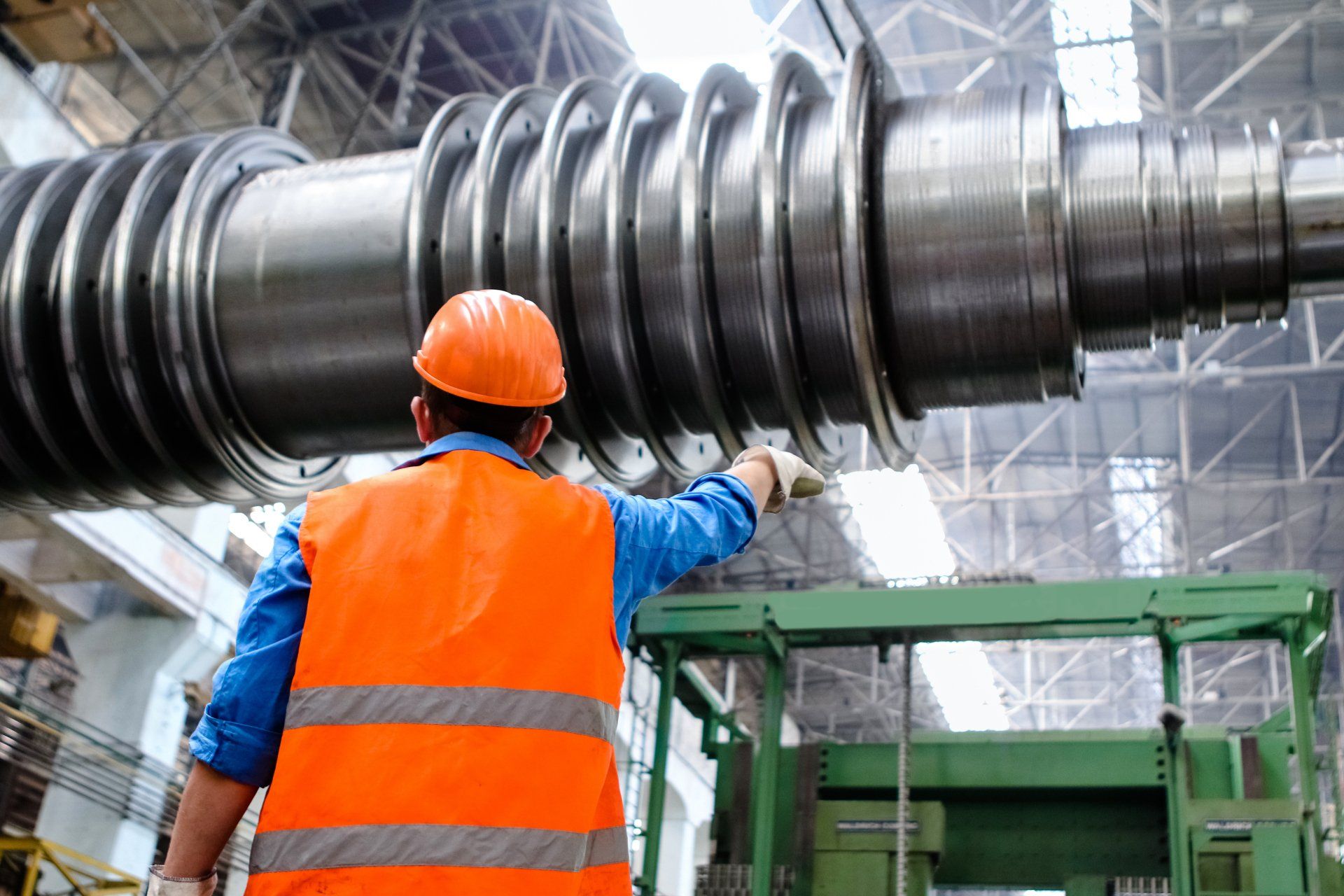Contact Us Today
Contact Us Today
Are Insulation Boards Fireproof?
When selecting insulation materials for construction and renovation projects, fire safety is a critical factor to consider. While insulation boards are renowned for their thermal efficiency and moisture resistance, their fire resistance properties are equally important. In this post, we explore whether insulation boards are fireproof and what this means for your building projects in Colorado Springs.
Understanding Insulation Boards
Insulation boards are rigid panels used extensively in building construction to provide thermal insulation. These boards, which include polystyrene, polyisocyanurate (PIR), and extruded polystyrene (XPS), offer distinct advantages in terms of thermal efficiency, ease of installation, and specific applications. While they are effective in reducing heat transfer and enhancing energy efficiency, understanding their water and fire resistance properties is crucial for safe and optimal use in various construction scenarios.
Insulation Boards: Types and Fire Resistance Properties
- Polystyrene Boards:
- Polystyrene, commonly used in residential insulation, is not inherently fireproof. It can be treated with fire-retardant chemicals to improve its fire resistance, but these boards can still pose a fire hazard under certain conditions.
- For applications like interior wall insulation, where fire resistance is critical, polystyrene boards may not be the best choice unless combined with other fire-resistant materials.
- Polyisocyanurate (PIR) Boards:
- PIR boards have better fire resistance properties compared to polystyrene. They contain fire-retardant additives that enhance their performance in fire scenarios.
- These boards are often used in applications where a higher level of fire resistance is required, such as in commercial building insulation.
- Extruded Polystyrene (XPS) Boards:
- XPS boards also contain fire-retardant additives, offering some degree of fire resistance. However, like polystyrene, they are not entirely fireproof and should be used cautiously in fire-sensitive areas.
Limitations and Safety Considerations
- Importance of Installation and Supplementary Measures:
- Proper installation is crucial for maximizing the fire safety of insulation boards. This includes correct fitting and adherence to building codes and safety standards.
- In some cases, pairing insulation boards with fire-resistant barriers or using them alongside other fireproofing measures is advisable to enhance overall fire safety.
- Compliance with Regulations:
- It's essential to choose insulation materials that comply with local fire safety regulations. ProTech Insulation ensures that all insulation solutions meet these standards for maximum safety and effectiveness.
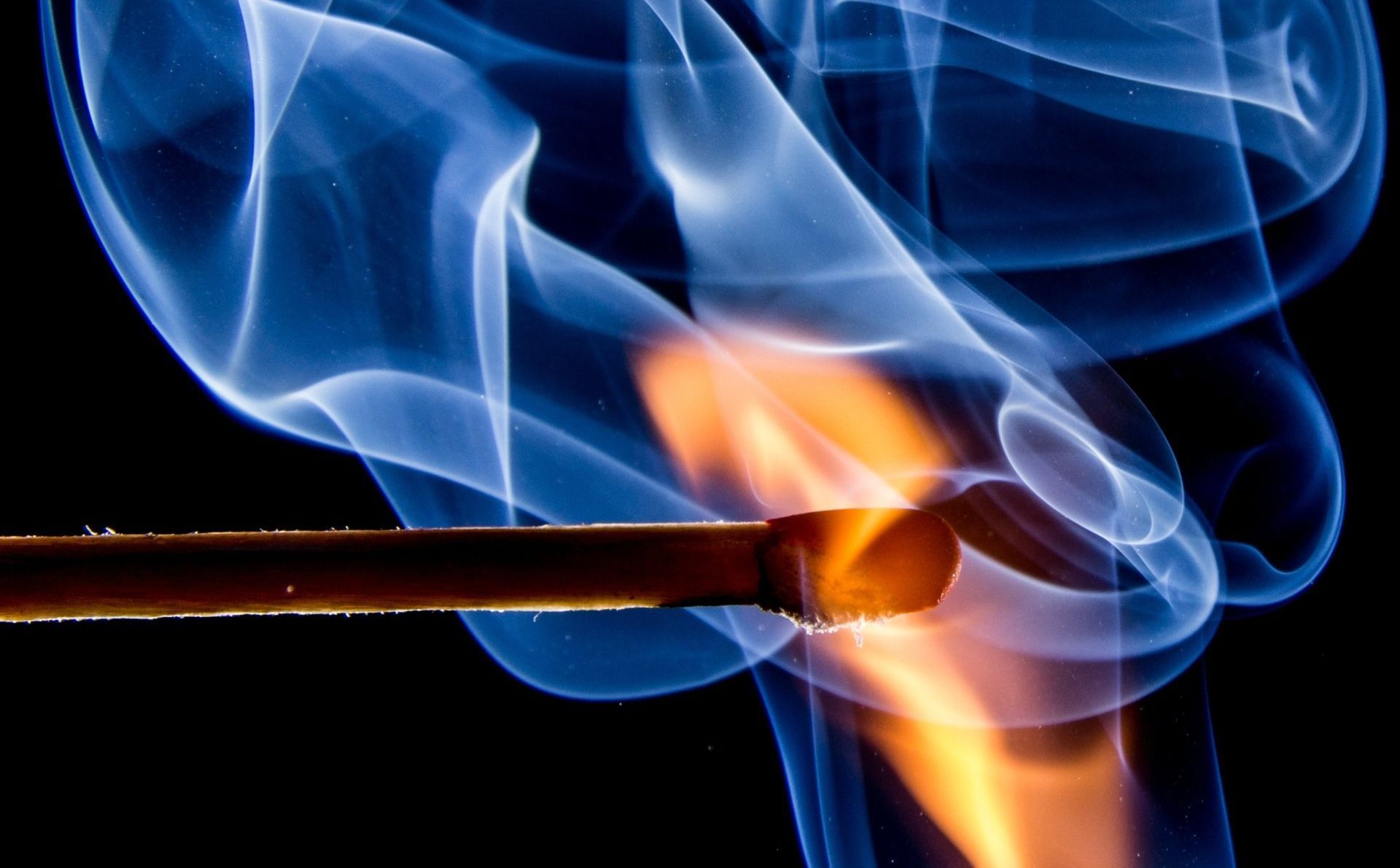
Comparing the Fire Resistance of Different Insulation Types
- Fiberglass Insulation:
- Fiberglass insulation, made from fine glass strands, is non-combustible and does not catch fire easily, making it a safe option for many applications. However, the backing materials like paper or foil can pose a fire hazard if not installed correctly. Fiberglass is often chosen for its cost-effectiveness and ease of installation.
- Spray Foam Insulation:
- Spray foam insulation includes chemicals that resist heat and slow down the spread of fire. While not entirely fireproof, it offers excellent air-sealing properties and a high R-value, contributing to significant energy savings.
- Rigid Foam Insulation:
- Rigid foam insulation, including materials like polystyrene, PIR, and XPS, is infused with fire-retardant chemicals. Although this enhances their resistance to fire, they are not completely fireproof. These materials are often used for their high R-value and moisture resistance, suitable for specific applications like below-grade insulation and roofing.
- Mineral Wool Insulation:
- Made from rock or slag, mineral wool insulation is naturally fire-resistant. It does not burn and can withstand high temperatures, making it an ideal choice for enhanced fire safety scenarios. It is also known for its soundproofing qualities and is more expensive than some other insulation types.
Choosing the Best Insulation
Determining the "best" insulation depends on several factors, including fire resistance, moisture resistance, R-value, environmental impact, and specific project requirements. For areas where fire safety is a paramount concern, mineral wool insulation offers superior resistance due to its non-combustible nature. In contrast, for projects where energy efficiency and air sealing are priorities, spray foam insulation might be the preferred choice. Fiberglass is often selected for cost-sensitive projects where basic fire resistance and thermal insulation are needed. Rigid foam boards are chosen for their balance of moisture resistance, R-value, and fire retardancy. Ultimately, the best insulation choice should align with the specific needs of the building project, considering safety, effectiveness, and compliance with local building codes and regulations.

Protect Your Property with Fire-Resistant Insulation
To directly address the question posed at the beginning of this post: "Are insulation boards fireproof?" – the answer is nuanced. While some insulation boards offer improved fire resistance due to fire-retardant additives, none are completely fireproof. The choice of insulation material should be based on a comprehensive understanding of its fire resistance properties, the specific requirements of the project, and adherence to safety regulations.
At ProTech Insulation in Colorado Springs, we prioritize your safety and the integrity of your construction projects. Our team is here to guide you in selecting the most appropriate insulation materials that meet both your thermal insulation needs and fire safety requirements.
Ensure the safety and efficiency of your insulation. Contact ProTech Insulation today for expert advice on fire-resistant insulation solutions tailored to your project's specific needs. Let us help you make informed decisions for safe, effective, and compliant insulation in your buildings.
Ready to work with ProTech Insulation?
Let's connect! We’re here to help.
Send us a message and we’ll be in touch.
Or give us a call today at 111-222-3333
Agency Contact Form
We will get back to you as soon as possible
Please try again later
More Marketing Tips, Tricks & Tools
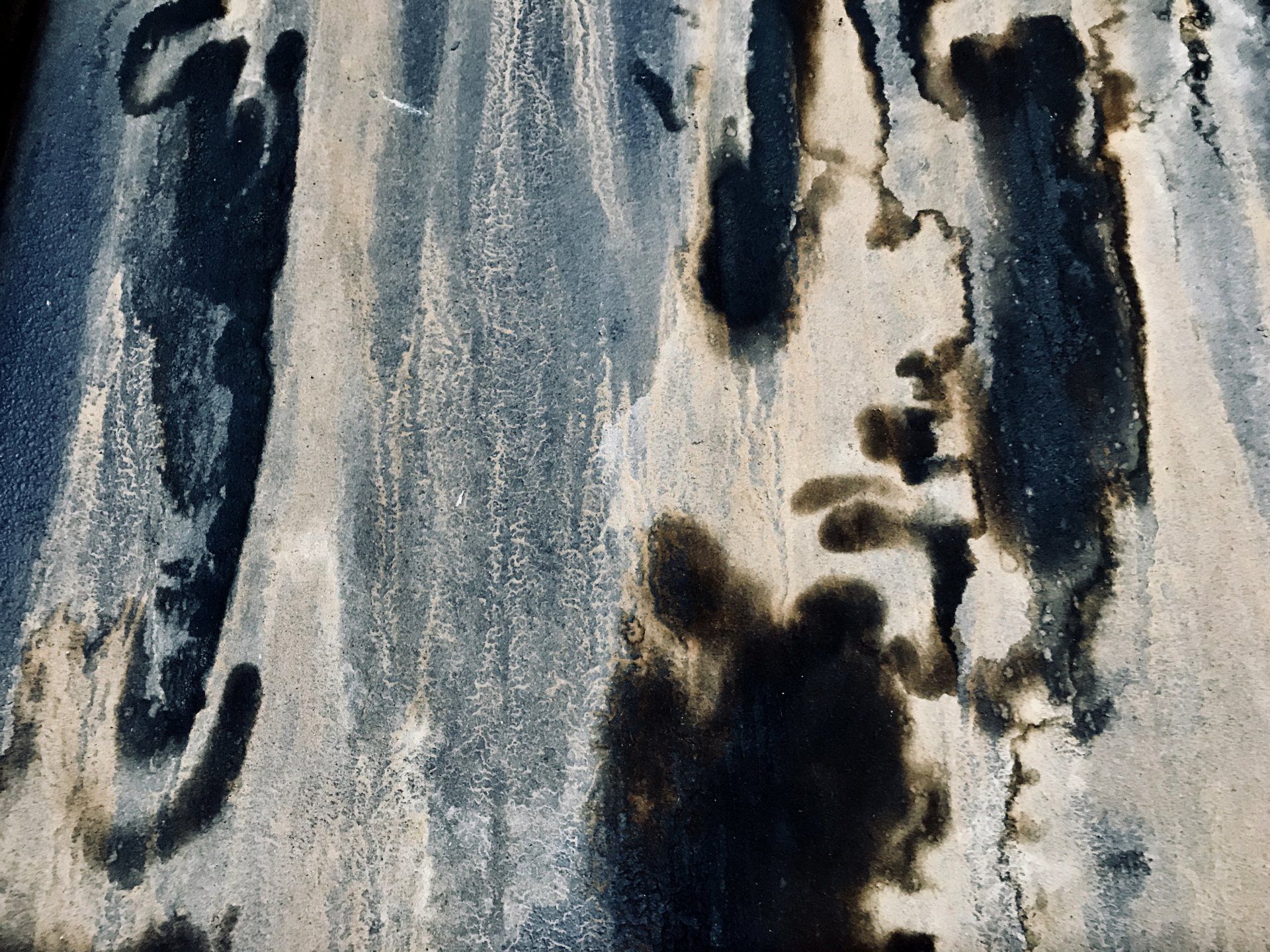
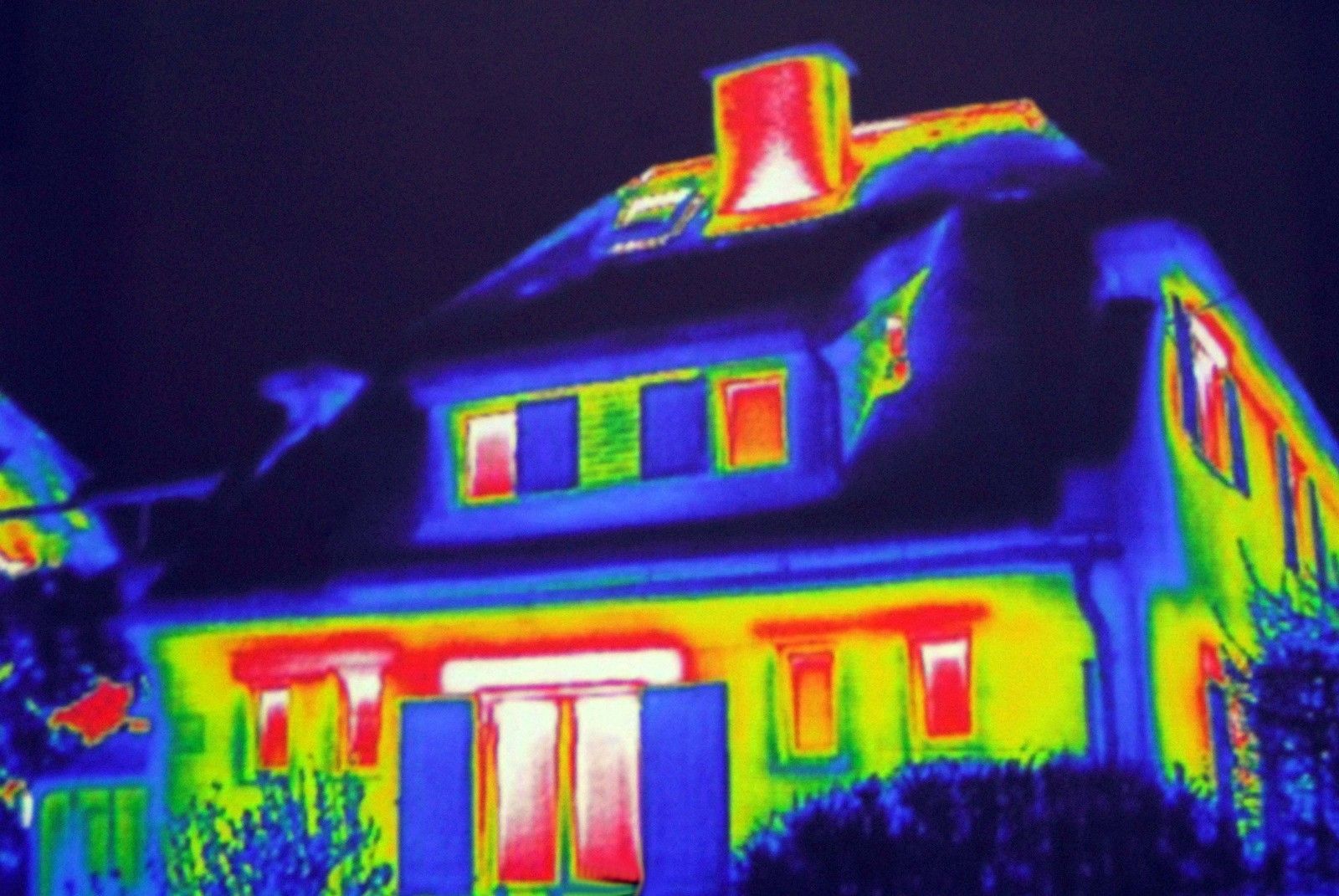

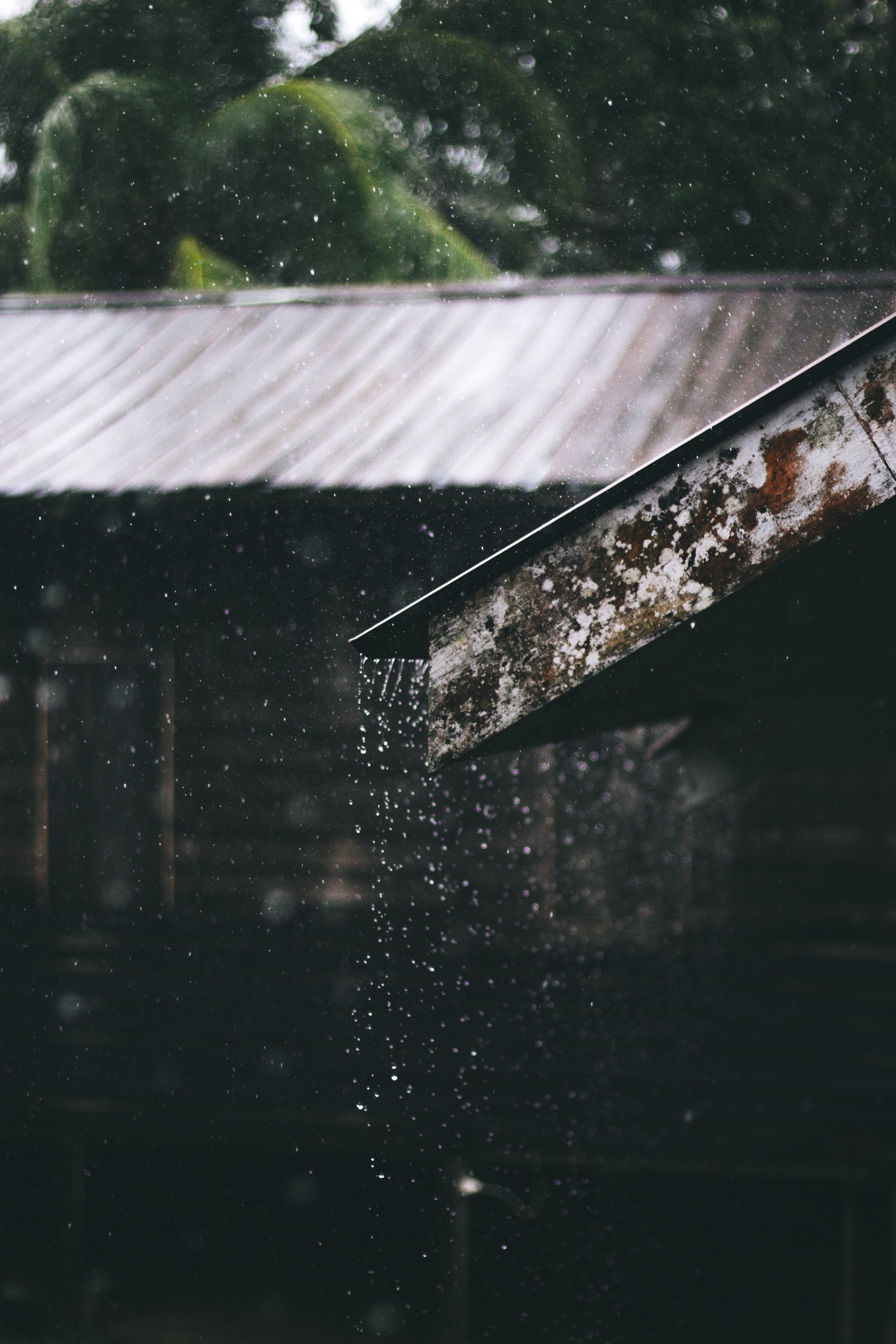
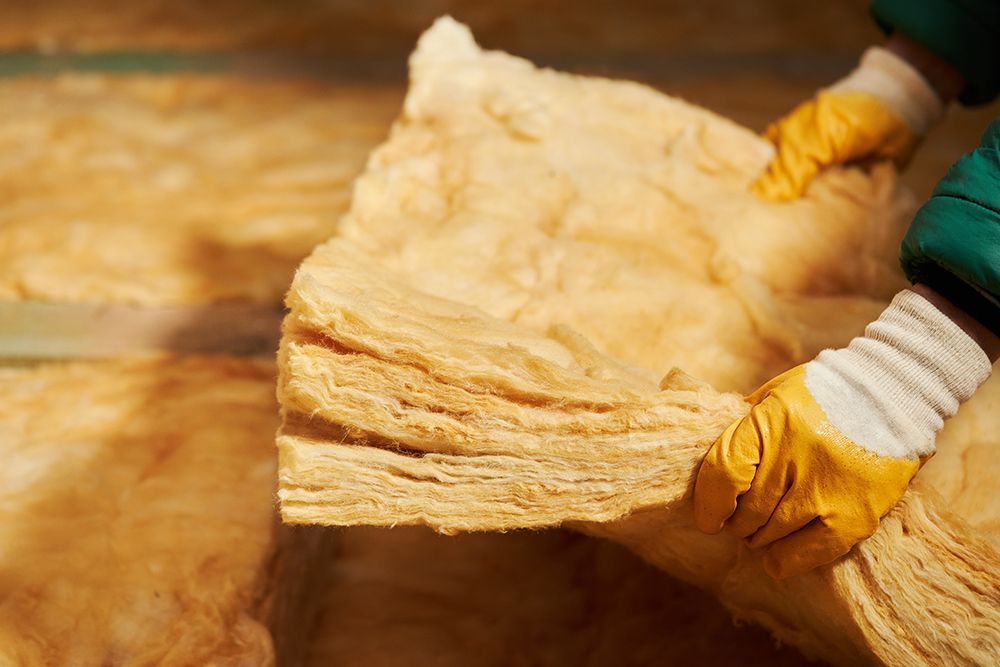

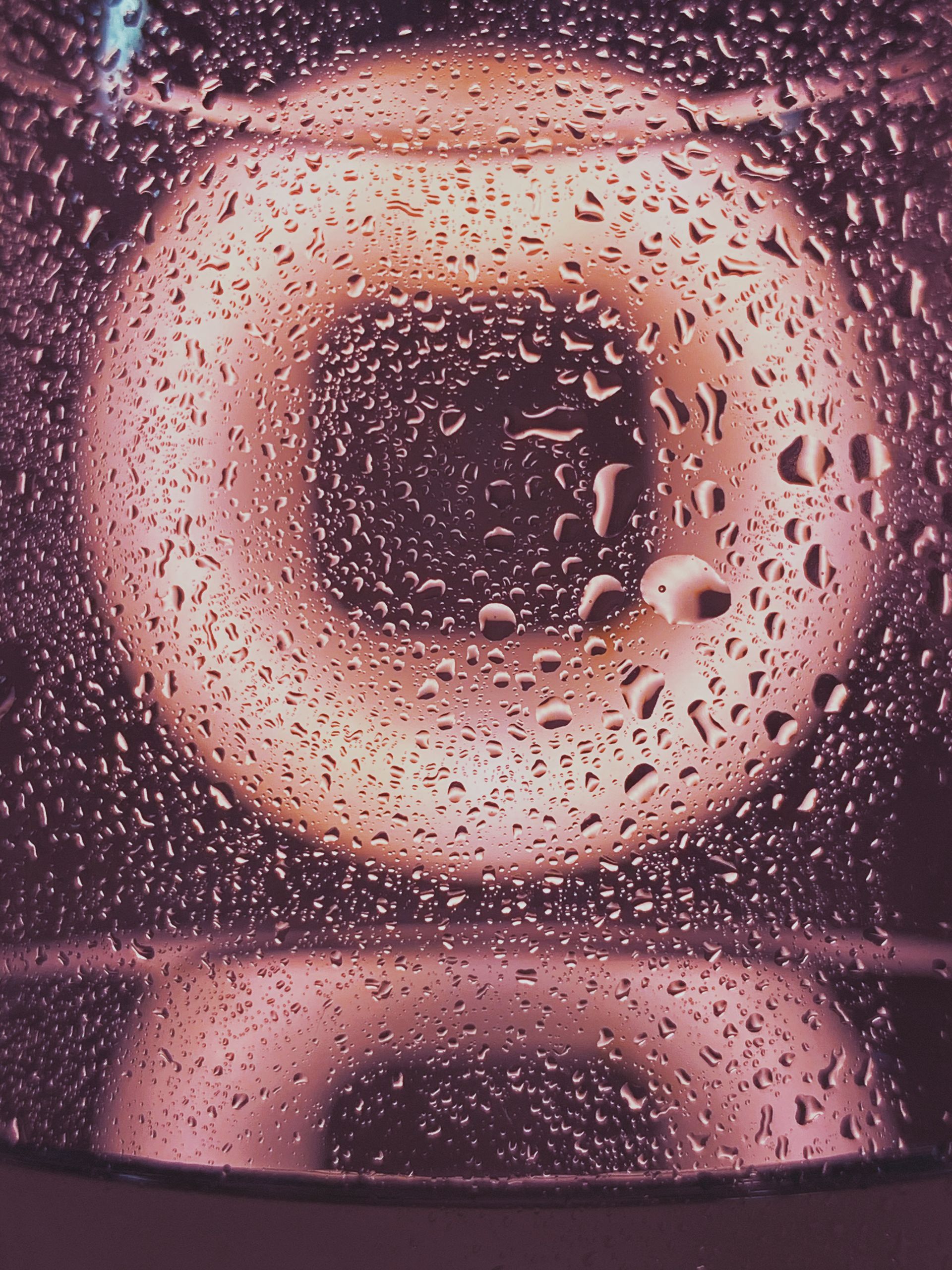

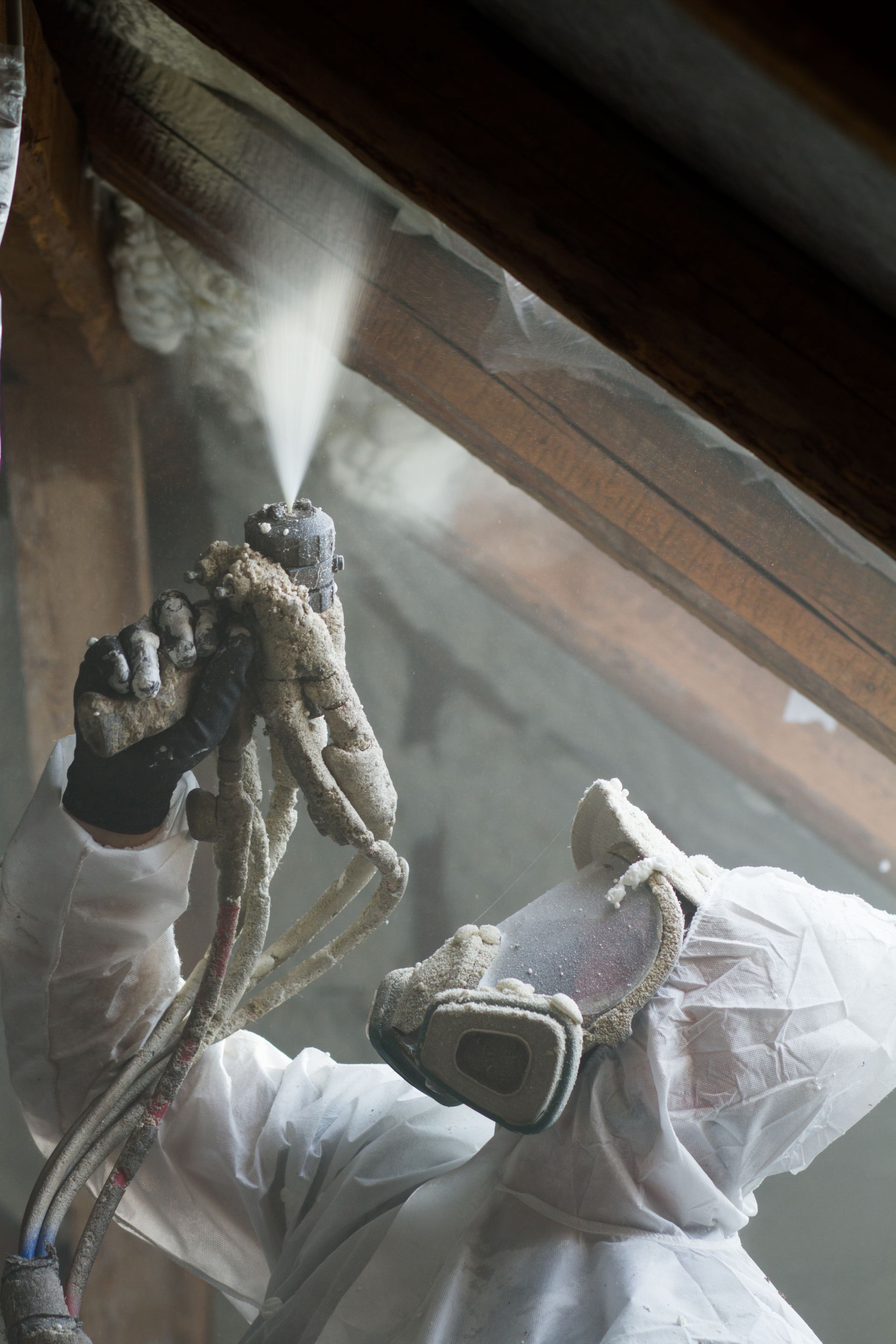
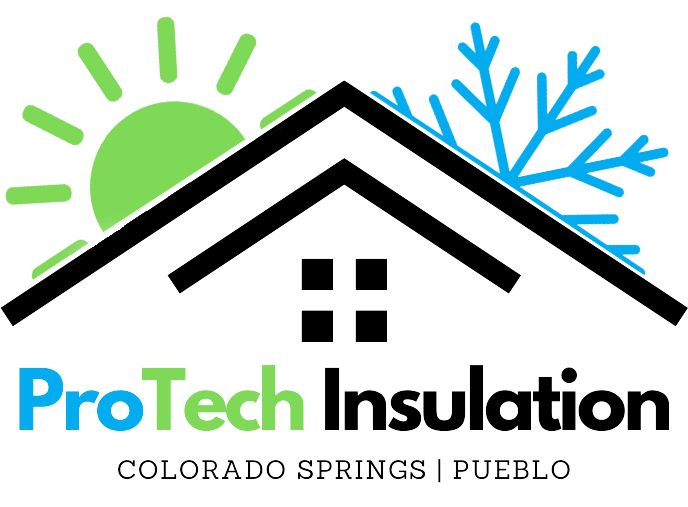
All Rights Reserved | ProTech Insulation
All Calls Sent To A Qualified Contractor

